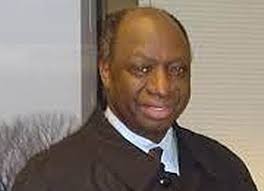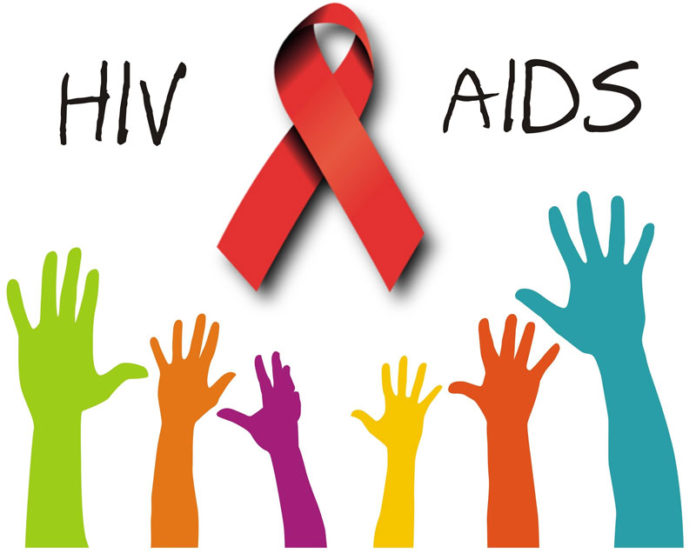The 21st International AIDS Conference held in Durban, South Africa, recently to assess where the world is in the response to AIDS has closed its doors. It is important to situate the AIDS response in Nigeria and reflect on the way forward to ensure that this country is among the victorious in 2030, as promised by President Muhammadu Buhari at the 2015 United Nations General Assembly in New York.
Can lessons learned during past years help Nigeria move faster and smarter in its response to AIDS?
Indeed facts speak abundantly of this possibility when we analyse programmatic progress accomplished during the past four years. For example, from 2012 to 2015, the country tested more than 21 million adults for HIV who have each received their result. This represents on average 5.25 million annually and the trend is an increasing one when 2012 is compared to 2015. Through this success, 59% of all Nigerians living with HIV knew their HIV status at the end of 2015. During this same period, to prevent mother-to-child transmission of HIV, the Nigeria AIDS programmes have counselled and tested close to nine million pregnant women for HIV who received their result, representing on average 2.25 million annually and the trend here again is an increasing one when 2012 is compared to 2015.

Another outstanding success is the HIV testing among pregnant women during the Maternal Newborn and Child Health (MNCH) week under the leadership of the National Primary Health Care Development Agency (NPHCDA), where Kaduna State, for example, was able to test 126,000 pregnant women for HIV and in Benue State close to 260,000 during two MNCH week events (representing more than 90% of the estimated number of total pregnancies in the latter State). In both cases, more than 85% of all pregnant women found HIV positive were put on treatment, illustrating good public health practice and performance in the area of elimination of mother-to-child transmission of HIV.
Many more successful examples exist and include the door-to-door integrated HIV testing by the Red Cross in Cross River State where close to 40,000 people tested for HIV and received their result. During the 2015 May Day, integrated HIV testing events by ILO, the National Agency for the Control of AIDS (NACA) and the Ministry of Labour, more than 40,000 workers and their families were tested for HIV. In both scenarios all people tested received their result and all those found HIV positive were referred immediately to treatment sites.
In the same period of time, on annual basis, Nigeria has put on average 100,000 new people living with HIV on treatment and reached more than 800,000 in 2015. Now that the country has taken the bold step and introduced the test and start policy, it can double this number in 2016 by putting immediately the known and documented 900,000 people on the current pre-treatment cohort to reach more than 1.7 million people on antiretroviral therapy (ART).
There are many success stories in Nigeria to be published for their replication.Nigeria has embraced the 90-90-90 target to ensure that by 2020, 90% of people living with HIV know their HIV status, 90% of people who know their status receive treatment, and 90% of people on HIV treatment have a suppressed viral load. By learning from this progress of the past four years, “going to fish where the fishes are”, acting at the LGA level through primary health care systems and integrating HIV services, Nigeria can quickly reach the first 90. With newly introduced public health policies such as “task shifting and sharing”, community systems strengthening and “test and treat”, integrating treatment for all people living with HIV into primary health care services, the country is poised to achieve the second and third 90s. Clearly, ending AIDS by 2030 cannot be out of the reach for Nigeria.
About the author: Dr Bilali Camara is a Medical Epidemiologist, UNAIDS Country Director for Nigeria and UNAIDS Focal Point for ECOWAS



























